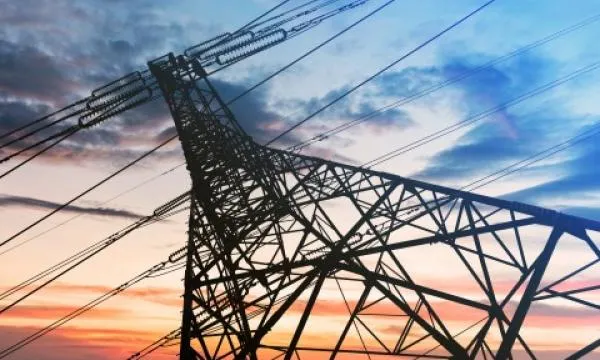
Bangladesh's thermal additions tipped to worsen overcapacity
Its existing power plants only have 43% capacity utilisation in FY 2018-19.
Bangladesh’s plan for coal- and LNG-fired power plant additions will lock the nation into substantial overcapacity, with major financial implications, according to a study from the Institute for Energy Economics and Financial Analysis (IEEFA).
Power demand has taken a hit from the pandemic globally, including in Bangladesh. This is increasing the financial stress on the country’s Power Development Board (BPDB) with reduced revenue as capacity payments to idle plants have to be maintained. This has also led to delays in the Belt and Road coal power projects in the country.
However, the country already has major power plant overcapacity, with only 43% capacity utilisation of existing power plants in FY 2018-19. This, as well as coal- and LNG-fired additions, could cause government subsidies to continue rising, said Simon Nicholas, energy finance analyst with IEEFA.
Significant capacity payments to idle power plants are contributing the need for increasing government subsidies to BPDB to cover its financial losses. In FY 2018-19, the government subsidy to the Board rose again to $936m (Tk80bn). Power tariffs for consumers can also be expected to increase, according to the report.
Report co-author Sara Jane Ahmed further said that Bangladesh could learn from Indonesia’s case, which has been dealing with the financial impacts of an overreliance on coal power.
Also read: PLN's obligations to IPPs could hit $7.2b by 2021
Bangladesh needs to consider regaining control of its power sector, through renegotiating coal and LNG plants to renewable energy and grid investments to meet lower demand growth. This would reduce the overall system cost whilst improving domestic energy security and resilience.
However, it may have to face tough choices over land use to avoid entrenching a power system dominated by imported coal and LNG with higher power tariffs and government subsidies. “The amount of land suitable for renewables in Bangladesh is likely to be more than previously assumed,” says Nicholas.
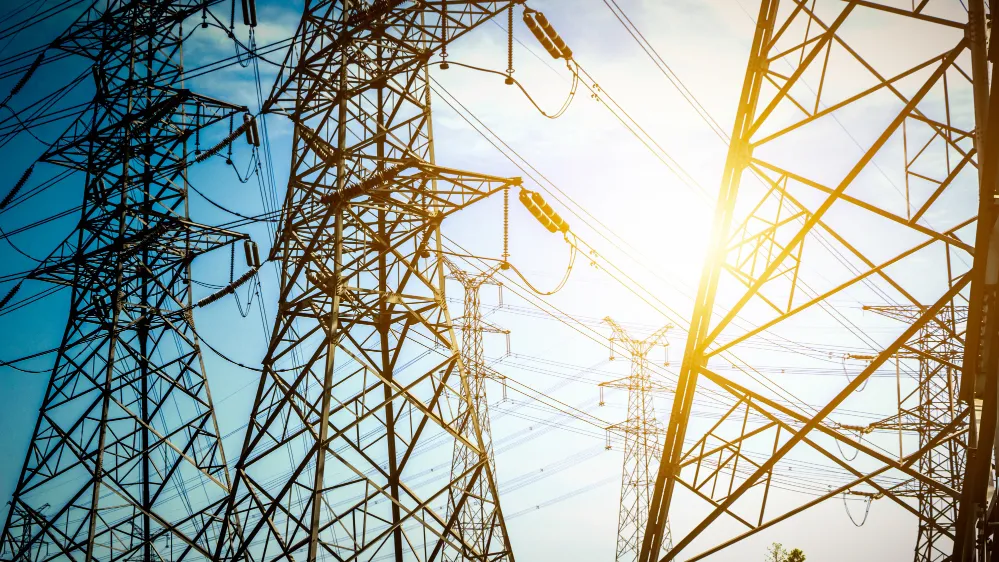
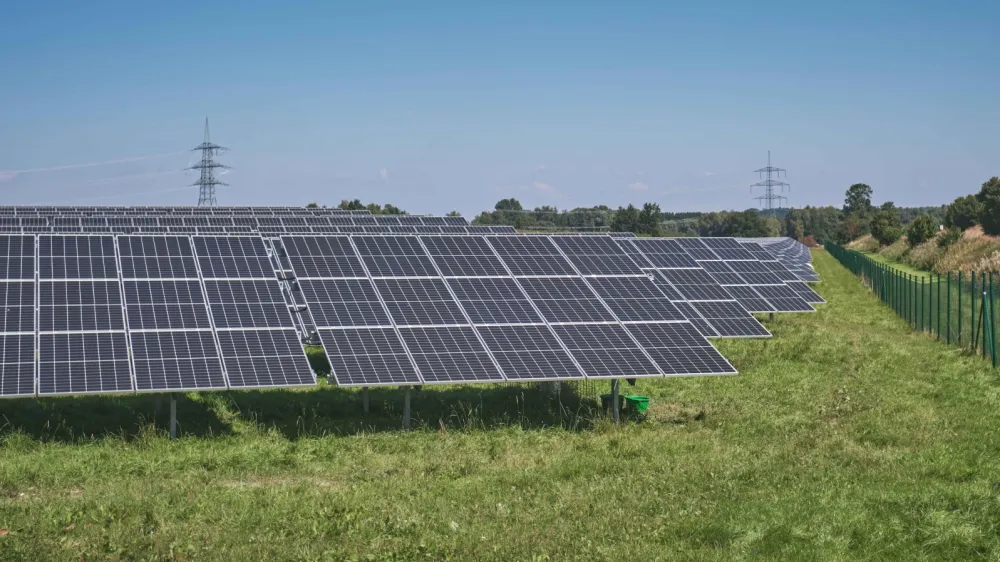
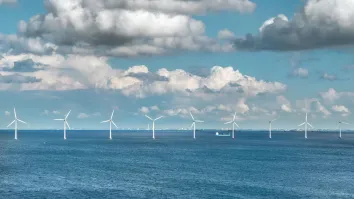
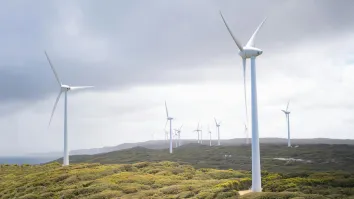
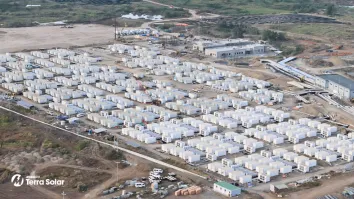
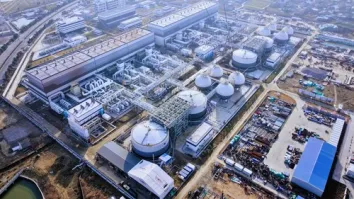













 Advertise
Advertise









